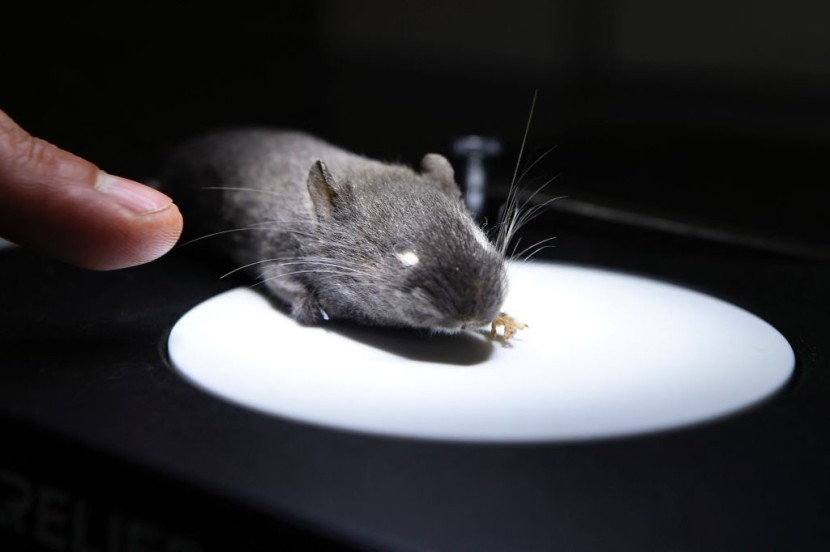Researchers from Stanford Medicine have found a new way that can fight cancer, as reported by MedicalXpress.

A Genetically-Engineered Bacteria
The researchers have engineered a genetically-engineered bacteria called Staphylococcus epidermidis. It is designed to produce a tumor antigen, which is applied to the fur of mice with cancer. The result was a strong immune response that is enough to kill an aggressive type of metastatic skin cancer without causing inflammation.
The mice had very aggressive tumors growing on their flank, and they were given a gentle treatment and rubbed the bacteria on the fur of their heads.
Also read: Cancer Cure Found? Drug Trial Sees 100% Success Rate for 18 Cancer Patients!
The Surface of a Healthy Skin
A lot of bacteria live on the surface of healthy skin and they play an important role in maintaining the skin barrier and preventing infection. However, there are many unknowns about how the skin microbiota interacts with the host immune system.
The researchers showed that inserting a tumor antigen into staph epidermidis, it could trick the mouse's immune system into producing CD8 T cells that target the chosen antigen. The cells traveled throughout the mice and proliferated quickly when they encountered a matching tumor. The results slowed tumor growth while in some cases, extinguishing the tumors altogether.
This study suggests that the skin microbiota could be harnessed to stimulate the immune system to fight cancer. However, more research is needed to understand the mechanisms behind this process and to determine if it could be applied to human cancer treatment.
There is growing interest in the potential of harnessing the microbiome, including that of the skin, for therapeutic purposes. The skin microbiota can influence many aspects of health beyond just immunity and cancer. For example, it has been linked to conditions such as eczema, acne and wound healing.
Recent studies have also shown that changes in diet or environmental factors can alter the composition of our skin microbiota - both temporarily and permanently. This highlights how dynamic and adaptable this ecosystem is.
While promising early results suggest a link between certain bacteria on healthy skin with anti-tumor immune responses, more research needs to be done before we fully understand how these interactions work.
Uncovering ways to manipulate microbial communities on our bodies' surfaces safely and effectively - particularly those involved in disease prevention or treatment - could revolutionize medicine as we know it today.
In addition to potential therapeutic applications, understanding the skin microbiome also has important implications for personal hygiene and cosmetic products. Many traditional cleaning and skincare practices involve removing or killing bacteria on the skin, but this may not always be necessary or even beneficial.
Instead, a better approach may be to promote a healthy balance of microbial communities on the skin through targeted probiotics or prebiotics that can selectively enhance certain bacterial species while inhibiting harmful ones.
This could lead to more personalized approaches in skincare tailored specifically to an individual's unique microbiota composition. It is possible that in the future, doctors will recommend specific dietary changes as well as topical treatments designed to optimize each person's own microbe profile.
Overall, there are still many questions about how exactly manipulating our skin microbiomes might work - but with ongoing research efforts, we will likely see some exciting breakthroughs in this field.
Related article: Most Men Diagnosed with Prostate Cancer Can Safely Delay Harsh Treatments
© 2025 HNGN, All rights reserved. Do not reproduce without permission.








